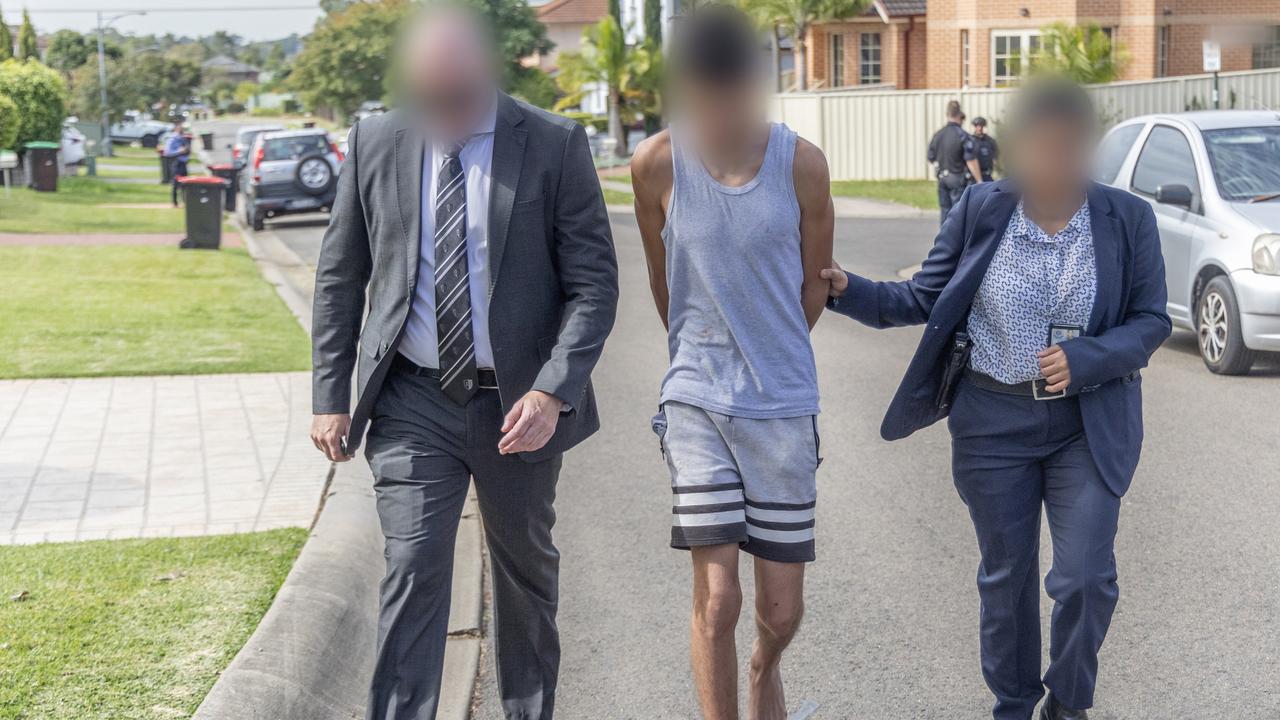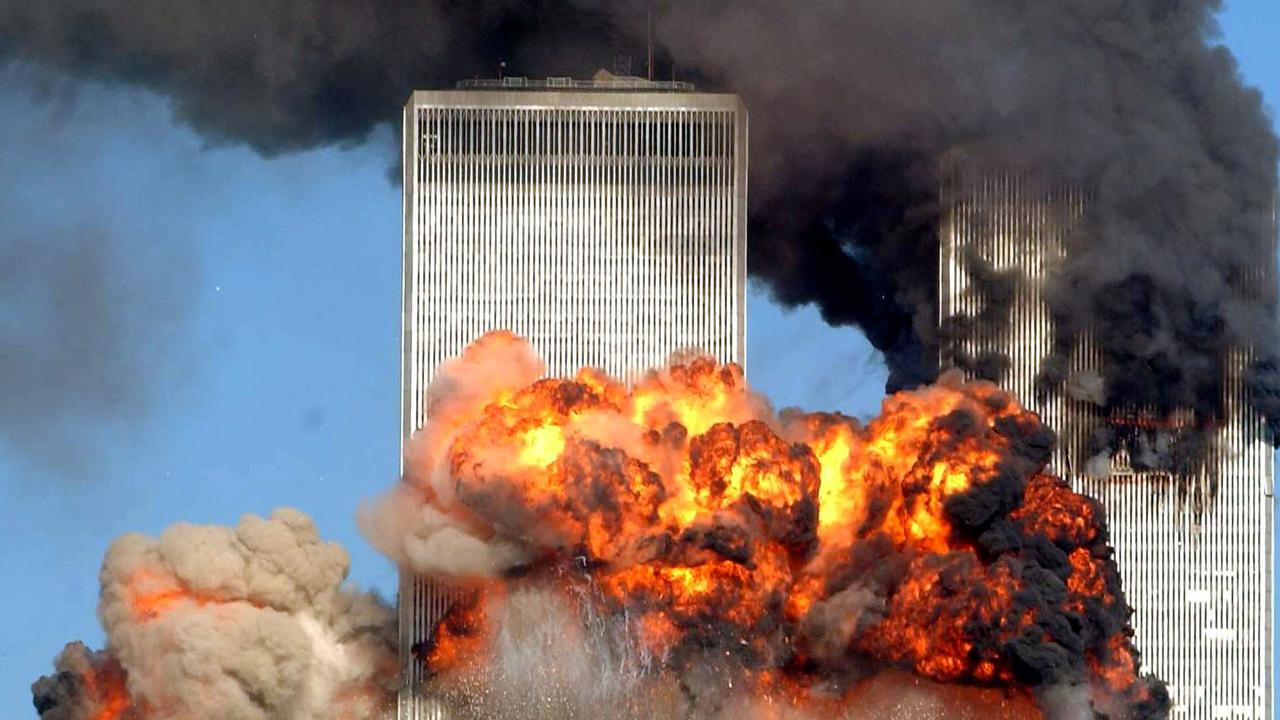ASIO boss calls to scrap powers to forcibly question 14-year old terror suspects
The head of ASIO wants a contentious power changed, saying the terrorism threat posed by minors in Australia had changed.
Australia’s domestic spy agency wants to give up its right to request warrants to question children as young as 14 after it reported only a handful of minors had been charged with terror offences since 9/11.
ASIO told a parliamentary inquiry that the federal government should scrap laws that enable intelligence officers to request warrants to question children aged 14 to 18 during terrorism investigations.
The agency’s Director-General Mike Burgess said despite a string of recent counter-terrorism raids in Sydney, in which five minors were charged with terror offences, it would be “appropriate” to repeal the expanded powers in the current security climate.
“The radicalisation of our youth remains deeply concerning and ASIO will respond when we know there is a direct terrorism threat to Australia,” Mr Burgess said in an opening statement.

“However, in the case of children or teenagers on the path to radicalisation, our last resort compulsory questioning power is not the answer.”
The former Morrison government introduced laws overhauling ASIO’s rules for compulsory questioning in 2020, which were originally brought in following the September 11 terrorist attacks in the US in 2001.
The changes, which were backed by Labor, lowered the age threshold from 16 and were championed by then-home affairs minister Peter Dutton who said it would “modernise” the agency’s powers amid a rise in online extremist content.
In its submission, ASIO said one terrorist attack and three-counter terrorism disruptions in Australia had involved minors since 2015, and seven minors had been charged with terrorism offences since 2014.
Mr Burgess said the legal threshold to grant a questioning warrant for a minor suspected of engaging in politically motivated violence was “very high” and said the agency had a range of powers to call upon when investigating potential threats.
“We don’t believe, despite the significant problem with minors, this compulsory questioning power given what we now know about the issue that we require it,” he said.

Mr Burgess added that concerns over a rise in young people being radicalised was a “shared responsibility” of governments, law enforcement agencies, parents and social media companies.
The Home Affairs Department, Australian Human Rights Commission and Law Council of Australia have also called for the minor’s warrants to be scrapped.
Inspector-General of Intelligence and Security Dr Christopher Jessup said he was not surprised by ASIO’s views and said it reflected “the developing maturities” of how the agency thought it should use its developing powers.
“It seems to be part of the evolution of the procedures as ASIO has been using them on limited occasions,” he told the committee.





